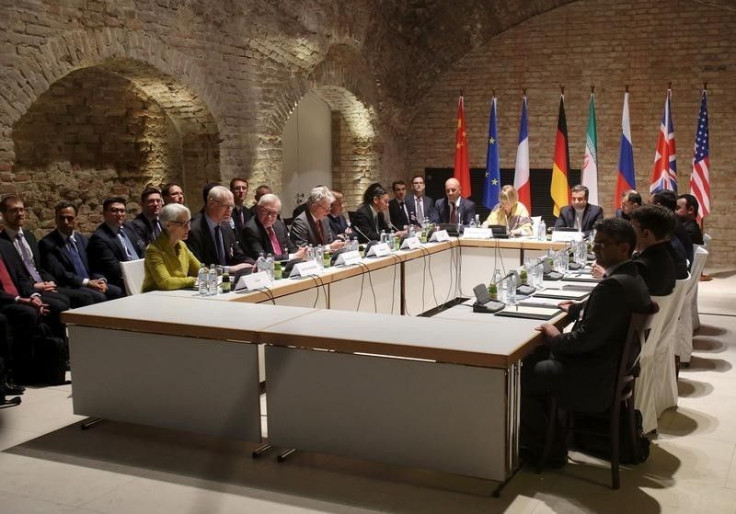Iran Hopes To Resume Liquefied Natural Gas Projects: Energy Official

Iran wants to resume its liquefied natural gas projects, which were halted because of strict economic sanctions imposed by the world's leading powers. Alireza Kameli, head of the National Iranian Gas Exports Company (NIGC), said Thursday that Iran would like to revive the LNG projects in the “near future.” He said his country hoped to soon start exporting LNG to European countries.
Spain’s Repsol, France’s Total and the Anglo-Dutch Royal Dutch Shell had contracts with Iran to build three LNG plants in 2010. However, the contracts were abandoned due to pressures from the United States and other nations, which have objected to Iran's nuclear activities.
Kameli said that Iran was waiting for the sanctions to be lifted. “We are expecting to swiftly begin studies and execution of this project after lifting of the sanctions and tap its capacity within two-and-a-half to three years, when the country’s gas production peaks,” Kameli said, as Iran's Press TV reported.
Hamidreza Araqi, Iran's deputy petroleum minister, said Iran was capable of developing gas distribution networks in foreign countries. “NIGC is capable of designing and building gas distribution networks in other countries and supply all necessary equipment in this regard,” Araqi said, as Iranian Gas wrote. Araqi added that the NIGC was prepared to share its technical proficiency with foreign countries. He reminded that the NIGC is presently active in gas supply with no reliance on foreign companies.
Iran plans to export 40 million metric tons of LNG annually. The LNG will be kept at minus-162 degrees Celsius so it can be shipped in special tankers. Iran is also expected to target the European market, where there is a huge demand for alternative resources for gas amid growing political concerns with Russia.
The NIGC head said Iran planned to export piped gas to countries geographically closer to the Islamic republic. He said Iran would target Persian Gulf countries, as it would require a maximum 200-kilometer pipeline.
Kameli said Iran would have to build a 4,000-kilometer line for piped gas. He added that the development would require a significant amount of time and money.
Iran signed an agreement in March 2014 to sell 10 billion cubic meters of gas to Oman every year. The $60 billion deal will be valid for 25 years.
© Copyright IBTimes 2025. All rights reserved.





















